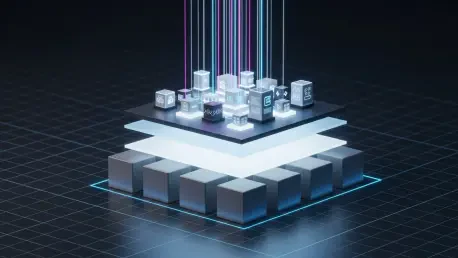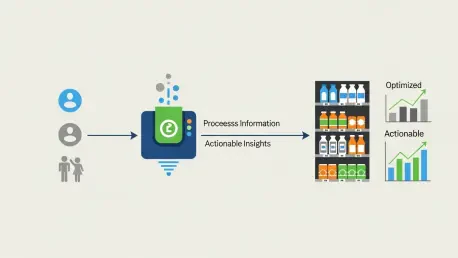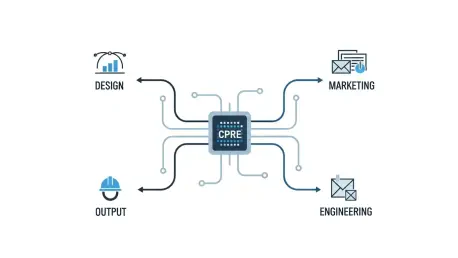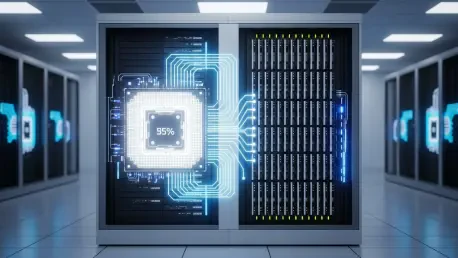
The long-standing frustration with automated customer service, characterized by rigid, impersonal scripts and circular phone menus, may be nearing its end as a new wave of artificial intelligence begins to redefine the boundaries of machine-driven interaction. The industry is witnessing a

Financial institutions worldwide have poured billions into artificial intelligence initiatives, yet for the average customer, the promise of a hyper-personalized, seamlessly intelligent banking experience remains largely unfulfilled. This gap between investment and impact is not due to a lack of

The vast oceans of consumer data collected by retailers have long promised a competitive edge, yet many organizations find themselves drowning in information while thirsting for actionable wisdom. A fundamental transformation is underway, moving beyond the static limitations of traditional data

The generative AI landscape has just been significantly reshaped by the arrival of FLUX.2 [klein], a new suite of open-source models from the German startup Black Forest Labs that prioritizes practical speed and accessibility over the relentless pursuit of maximum theoretical image quality. This

The widespread declaration of a singular "AI bubble" has become a fixture in financial commentary, painting a dangerously simplistic picture of a market teetering on the brink of a catastrophic, unified collapse. While the parallels to past tech manias are undeniable, this monolithic view obscures

Beneath the surface of the generative AI revolution lies a staggering inefficiency, a silent tax paid in wasted GPU cycles for tasks far below a model's pay grade. As enterprises transition from a period of experimental enthusiasm to the pragmatic realities of large-scale deployment, this hidden